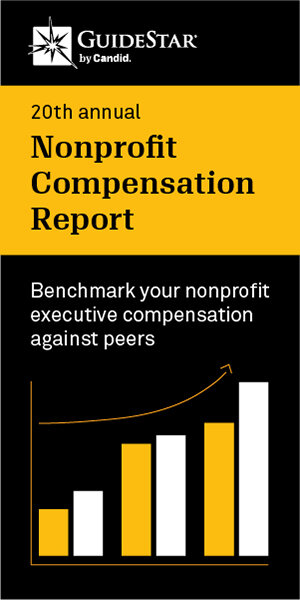COVID-19 US State Policies

Mission: To inform health and social policy decisions that promote health equity, with a focus on policies that affect vulnerable and historically excluded populations.
Background: With support from the Robert Wood Johnson Foundation's Evidence to Action program, a team of researchers from Boston University developed the COVID-19 US State Policy (CUSP) database in 2020 to facilitate rapid-response research and journalism to inform health and social policy decisions that promote health equity with a focus on vulnerable and historically excluded populations. Since Black and Hispanic/Latinx people are more likely than white people to die from COVID-19, the pandemic exacerbated disparities stemming from structural racism and inequitable policies. The database has captured some of the policy decisions that have explicitly disadvantaged those groups, such as age-based vaccine prioritization, minimum wage policies that are systematically exclusionary, and disparities regarding unemployment insurance and paid sick leave.
To facilitate research that informs policy action, the CUSP database searches government websites for executive orders and directives pertaining to specific policies and media coverage of those policies by state; it also tracks data using media or nonprofits to validate policy changes and double-checks states that have not reported changes. The free-to-use database is updated regularly, prioritizing policies most relevant to people's health and well-being in the present moment. In addition, researchers working on CUSP also continue to focus on policies that have historically left people vulnerable in the U.S. even before the pandemic, including food and housing insecurity.
Outstanding Web Features: Since states across the country have responded to the COVID-19 pandemic with various policy changes, from physical distancing and mask requirements to expansions of social safety net programs and eviction freezes, CUSP provides a publicly available dataset that is free for all users to download as a resource to help researchers, policy makers, the media, and the public better understand how policies impact population health and health equity. Users can review a collection of state-level data on policies implemented in response to the COVID-19 pandemic, which includes graphs, a data library, and supporting documentation. Policies may also be viewed by state or topic, such as COVID-19 prevention, economic precarity, and those that work toward shaping a healthier, more equitable future. The team also recommends watching their introductory webinar to learn about their findings after a year of collecting policy data and how visitors might use the CUSP database in future research, journalism, and policy making. For more information, the site makes available a listing of news and updates and hosts a robust FAQ on how researchers and policy makers use CUSP, recommendations on triangulating policy data, and which datasets could be paired with CUSP data.





